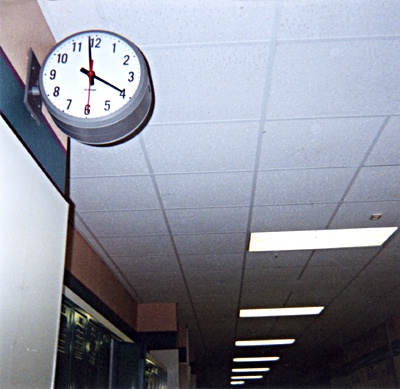All Nonfiction
- Bullying
- Books
- Academic
- Author Interviews
- Celebrity interviews
- College Articles
- College Essays
- Educator of the Year
- Heroes
- Interviews
- Memoir
- Personal Experience
- Sports
- Travel & Culture
All Opinions
- Bullying
- Current Events / Politics
- Discrimination
- Drugs / Alcohol / Smoking
- Entertainment / Celebrities
- Environment
- Love / Relationships
- Movies / Music / TV
- Pop Culture / Trends
- School / College
- Social Issues / Civics
- Spirituality / Religion
- Sports / Hobbies
All Hot Topics
- Bullying
- Community Service
- Environment
- Health
- Letters to the Editor
- Pride & Prejudice
- What Matters
- Back
Summer Guide
- Program Links
- Program Reviews
- Back
College Guide
- College Links
- College Reviews
- College Essays
- College Articles
- Back
Countless: Living With Dyscalculia (and Not Knowing It) MAG
I told the waitress at the diner that I was six and a penny. She stared at me, more than slightly confused.
“She means six and a quarter,” my mom quickly explained. The waitress smiled, laughed, and called me cute. I smiled back, but was more focused on the words jumbling about in my brain. Penny, quarter, dime, nickel—what did any of it have to do with my age?
This is the story my parents always come back to when looking for the roots of my disorder. That, and the fact that they had a meeting with my kindergarten teacher solely about my inability to count to 10.
“We should have known that you had dyscalculia then,” they’ll tell me. I shake my head. How could they have known? It’s not a nationally known disorder. A kid has trouble reading? Dyslexia. They can’t sit still? ADHD. But, they’re bad at math? Who isn’t! They’ll pick it up eventually.
If only it were that simple.
What brought my attention to dyscalculia (dys·cal·cu·li·a, from the Greek dys and the Latin calculare literally translating to counting badly) was my complete inability to conquer math. I’m not a Renaissance girl by any means, but when I set my mind to something I can usually become at least passable at it. I’m not musically talented, but I learned how to play the guitar. Am I a naturally good artist? No. But give me a couple of hours and a pencil and I can learn how to draw a mighty good flower. The point is, I had 12 years, 12 different teachers, and hundreds of YouTube tutorials yet I still couldn’t figure out math. So, naturally, I figured that I couldn’t be this bad at something without there being a medically valid reason. Enter dyscalculia.
I first I stumbled upon the disability as a joke. I googled math disorders simply to see if one existed and to self-diagnosis myself with it, not really meaning anything by it. But then I read the symptoms, read the struggles people suffered with, and read their stories. They sounded all too familiar. Bad at telling time as a kid? Check. Trouble with learning simple addition and subtraction? Yes. Mixed up numbers? 6 and 9 were always the death of me. Still count on your fingers? Always. I sent the link to my parents and they agreed. There was definitely something there.
Getting diagnosed with dyscalculia wasn’t a simple process. It took months of testing from different school psychologists to determine what I already knew. That was months of puzzles to test my attention to detail, months of counting forwards and backwards, and months of comparing my English and mathematical skills. Eventually, we got the results—I had dyscalculia.
By the time the results came in, I was 17, well into my college applications, and well out of my high school math career. I opted not to take the subject my senior year, knowing that it would only hurt me. I loved the humanities and wanted to spend my time taking the AP classes I had looked forward to since my freshman year. I’m happy I know why I couldn’t learn math like my peers and I’m relieved to know it wasn’t my work ethic or because I was stupid—because I know I’m smart and I know I tried. However, I was disadvantaged for years by not being able to understand how my brain works—because, it works just fine, just slightly different.
I only wish I knew that when I was six and a penny.

Similar Articles
JOIN THE DISCUSSION
This article has 2 comments.

6 articles 0 photos 22 comments